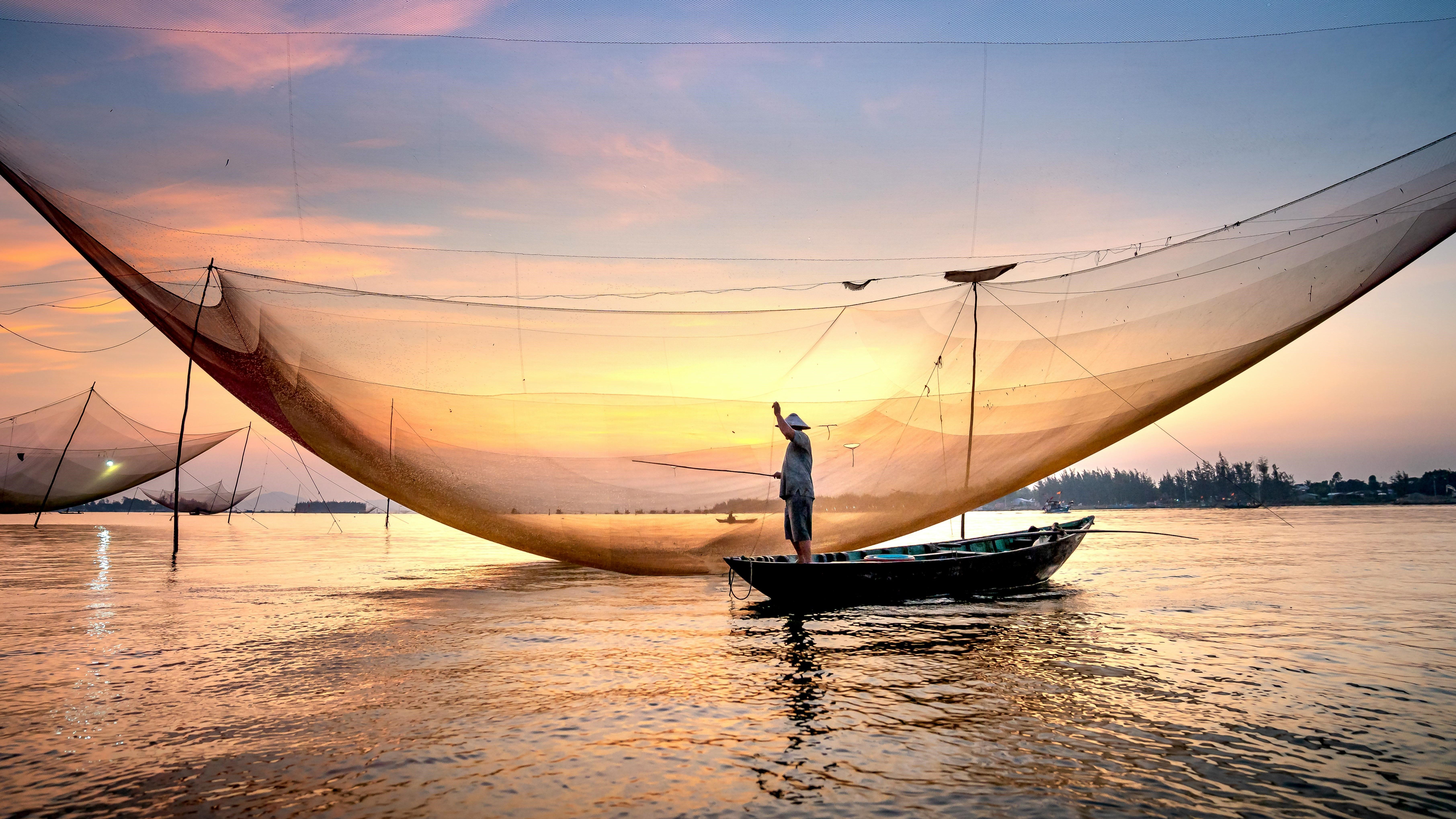
How to Stay Safe While Traveling in Vietnam: Tips and Advice
Vietnam is a beautiful and diverse country, offering travelers vibrant cities, scenic landscapes, and rich cultural experiences. While it's generally a safe destination for tourists, being cautious and prepared is key to ensuring a smooth and enjoyable trip. Here are essential tips and advice on how to stay safe while traveling in Vietnam.
Traffic and Road Safety
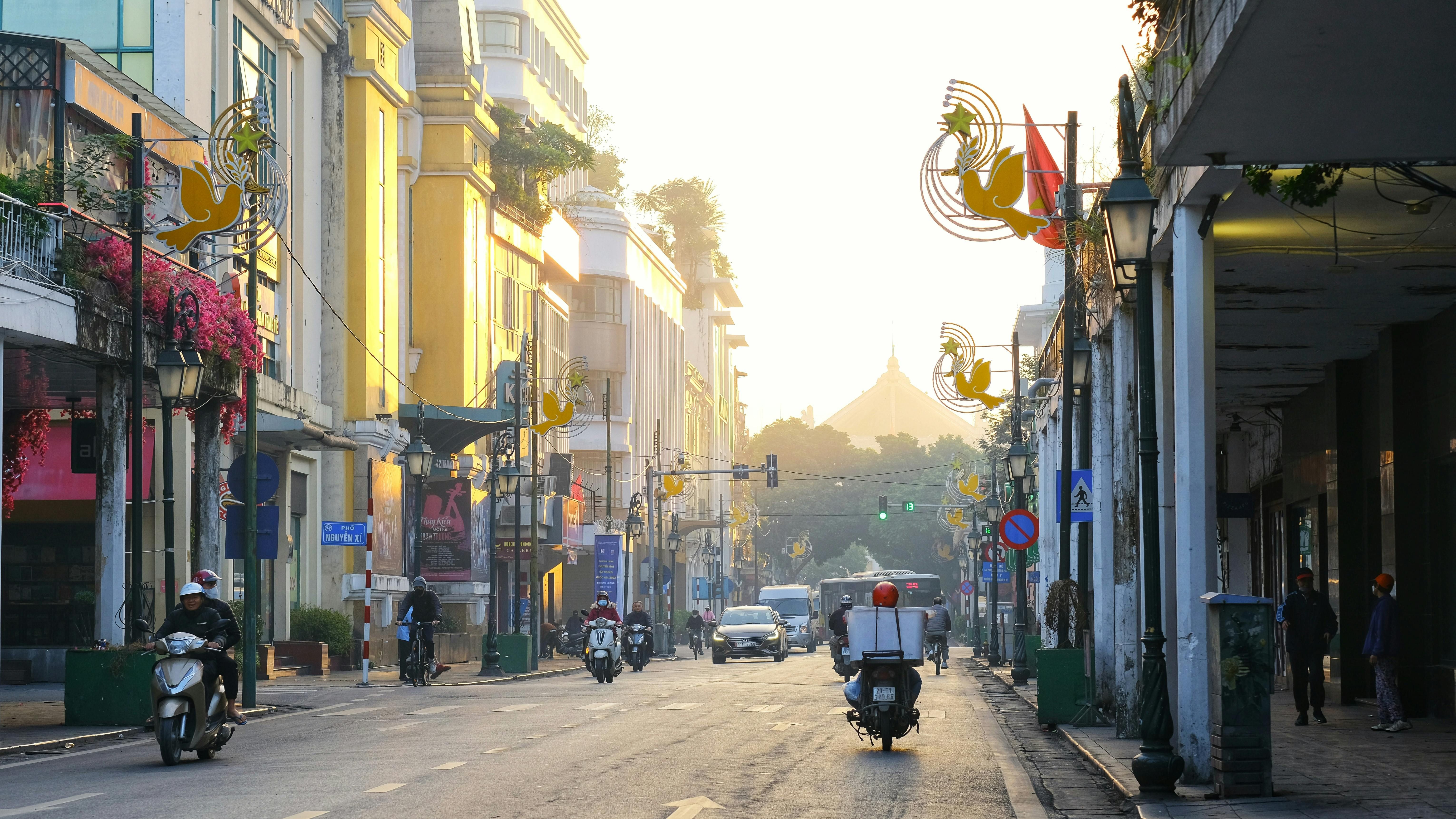
Vietnam's streets can be chaotic, especially in major cities like Hanoi and Ho Chi Minh City. The traffic is dense, with motorbikes weaving in and out, making it difficult for pedestrians to navigate safely.
Crossing the street: Use designated crosswalks whenever possible, but often the best way to cross is to walk slowly and steadily. Motorists are used to avoiding pedestrians, so moving predictably helps.
Using motorbike taxis: While riding a motorbike can be a fun way to get around, it's crucial to wear a helmet and ensure your driver does the same. Services like Grab provide motorbike and car rides, offering a safer alternative to independent drivers.
Scams and Overcharging
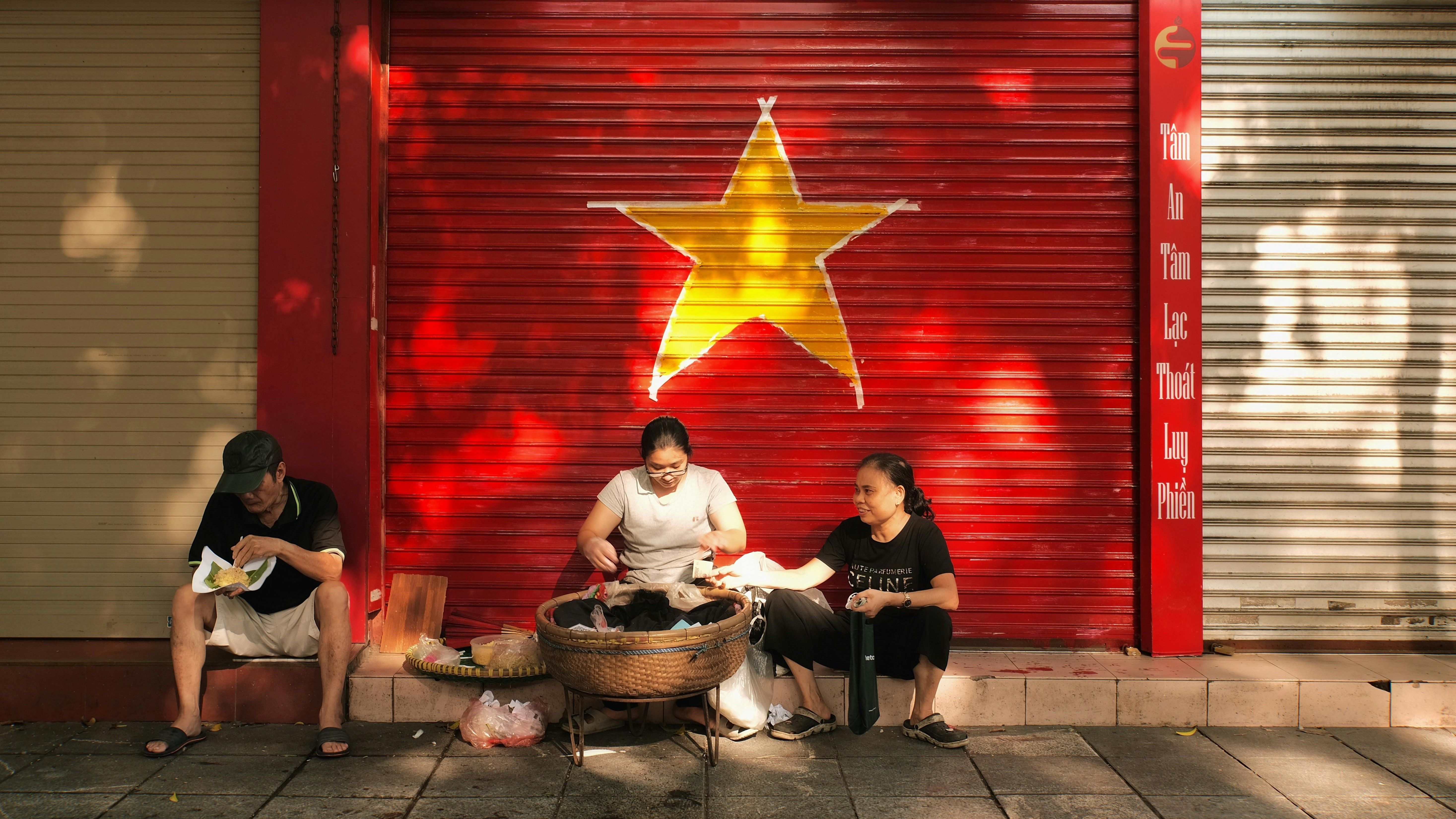
Like many tourist destinations, Vietnam has its share of scams aimed at travelers. Being aware of these can help you avoid them.
Taxi scams: Use reputable taxi companies like Mai Linh or Vinasun, or ride-hailing apps such as Grab, to avoid being overcharged.
Overpriced goods or services: Always negotiate prices when shopping at markets or using services like cyclos (pedicabs). It’s common to bargain, so don’t hesitate to do so.
Fake tour operators: Be cautious when booking tours or cruises, especially for popular destinations like Halong Bay. Stick to well-reviewed companies, and book through official channels.
Health and Hygiene
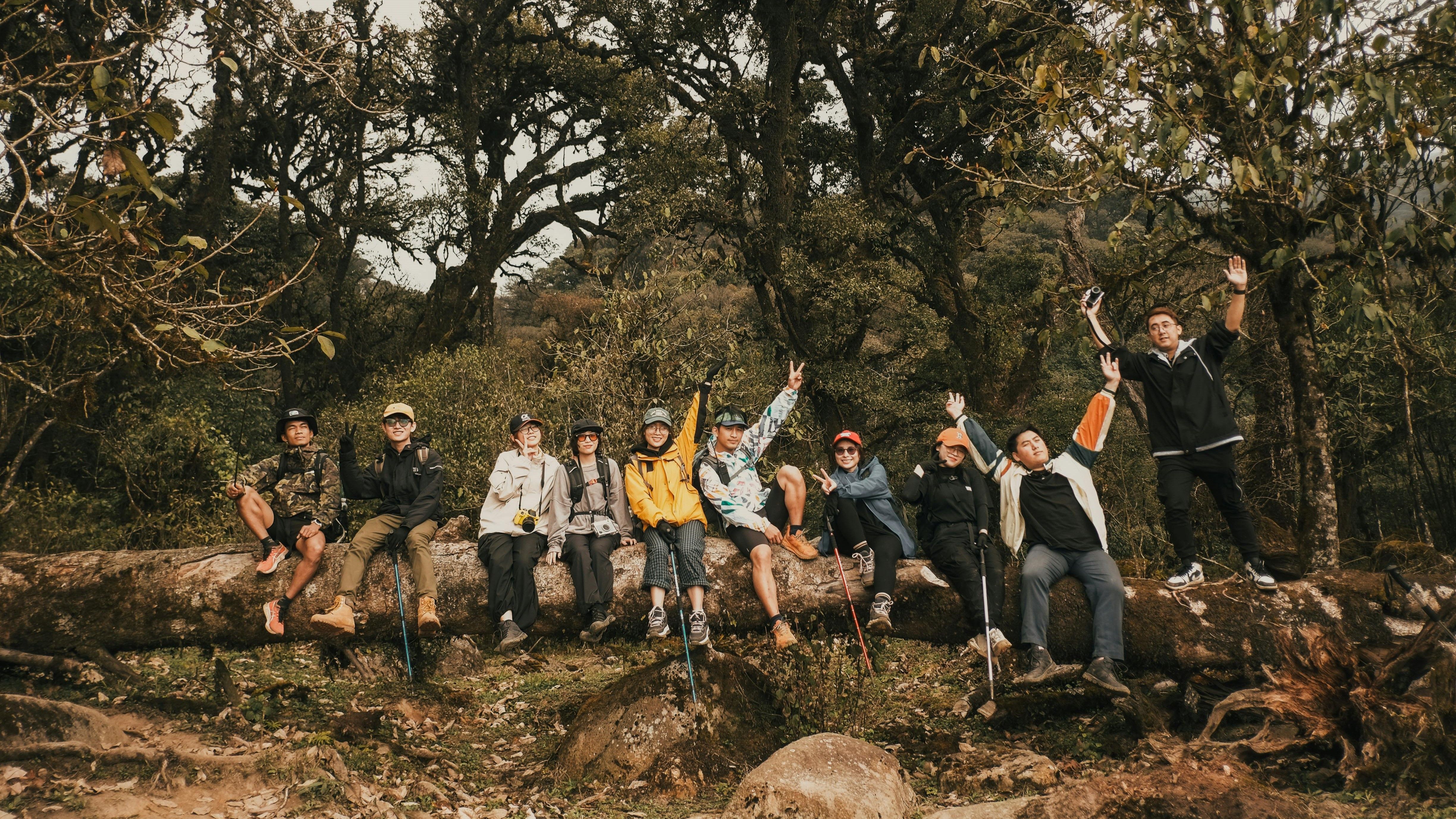
Ensuring good health practices while traveling is essential, especially in a tropical country like Vietnam where certain health risks may be present.
Drinking water: Tap water in Vietnam isn’t safe to drink. Stick to bottled water, which is widely available, or bring a reusable bottle with a built-in filter.
Street food safety: Vietnam is famous for its delicious street food, but it’s important to choose vendors with good hygiene practices. Look for busy stalls where the food is freshly cooked.
Vaccinations: Before traveling, check with your healthcare provider for recommended vaccinations. Vaccines for Hepatitis A, Hepatitis B, and Typhoid are commonly suggested for travelers to Vietnam.
Personal Belongings and Theft Prevention
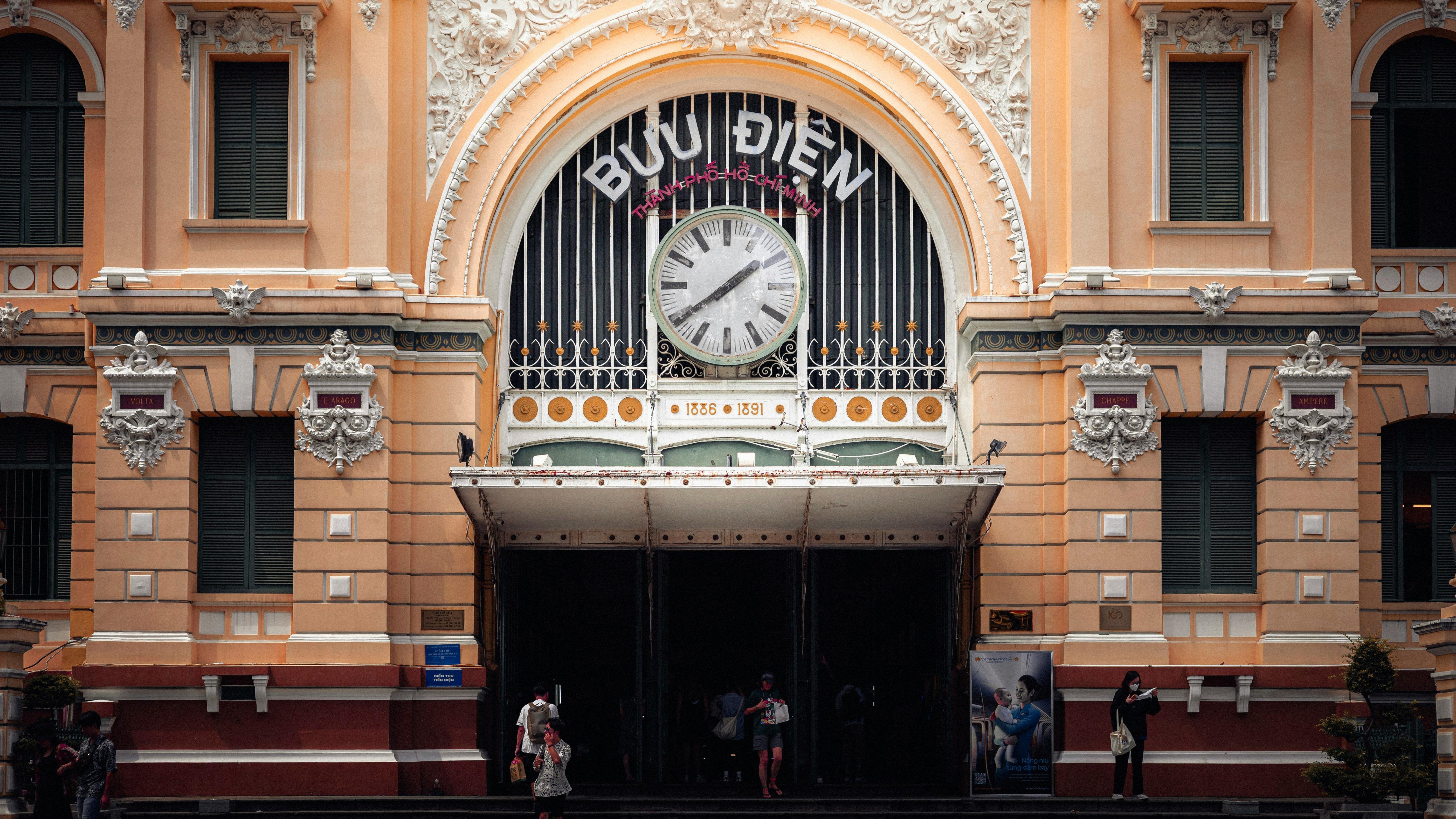
Petty theft, such as pickpocketing or snatch-and-grab theft, can occur in busy areas. Simple precautions can help you avoid these situations.
Avoid showing valuables: Keep expensive items like jewelry or large sums of cash out of sight. Use a money belt or hidden pouch to store your passport and important items securely.
Watch your bags: When sitting at a café or restaurant, keep your bag close and avoid leaving it on the back of your chair. In crowded areas, wear backpacks on your front to prevent theft.
Secure your accommodation: Always lock your doors and windows, even when you’re in the room. Many hotels and hostels offer safes for storing valuables.
Weather and Natural Hazards
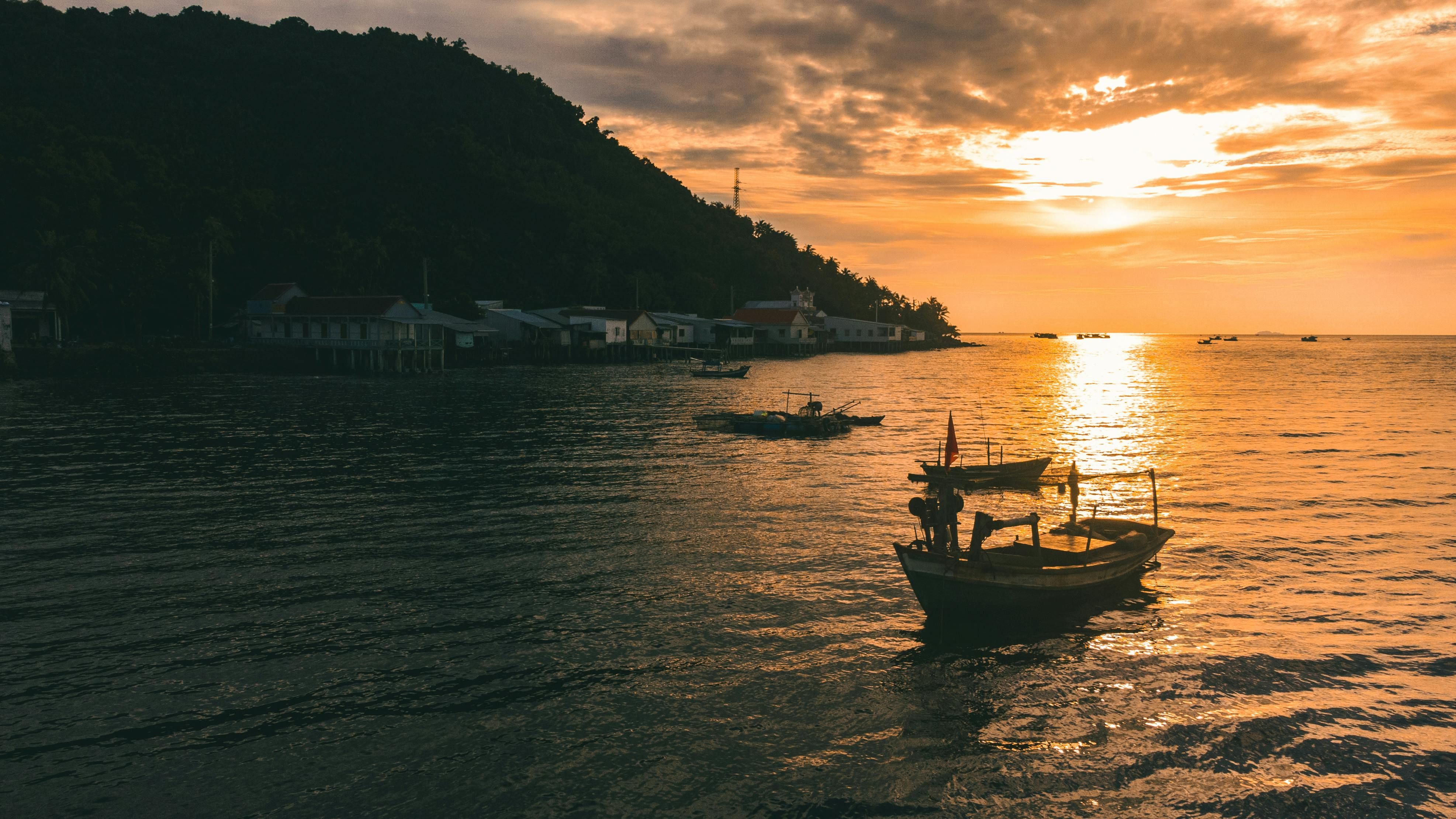
Vietnam’s tropical climate can sometimes present challenges, particularly during the rainy season when flooding and storms are more common.
Check the weather forecast: Always check local weather conditions, especially if you’re planning to visit coastal areas like Halong Bay or the Mekong Delta. Typhoons can disrupt travel plans, and it's better to postpone trips than risk unsafe conditions.
Be cautious in rural areas: If trekking in places like Sapa or Ha Giang, avoid risky trails during bad weather and always follow the advice of your guide. Flash floods and landslides can be dangerous in mountainous regions.
Respect Local Customs and Laws
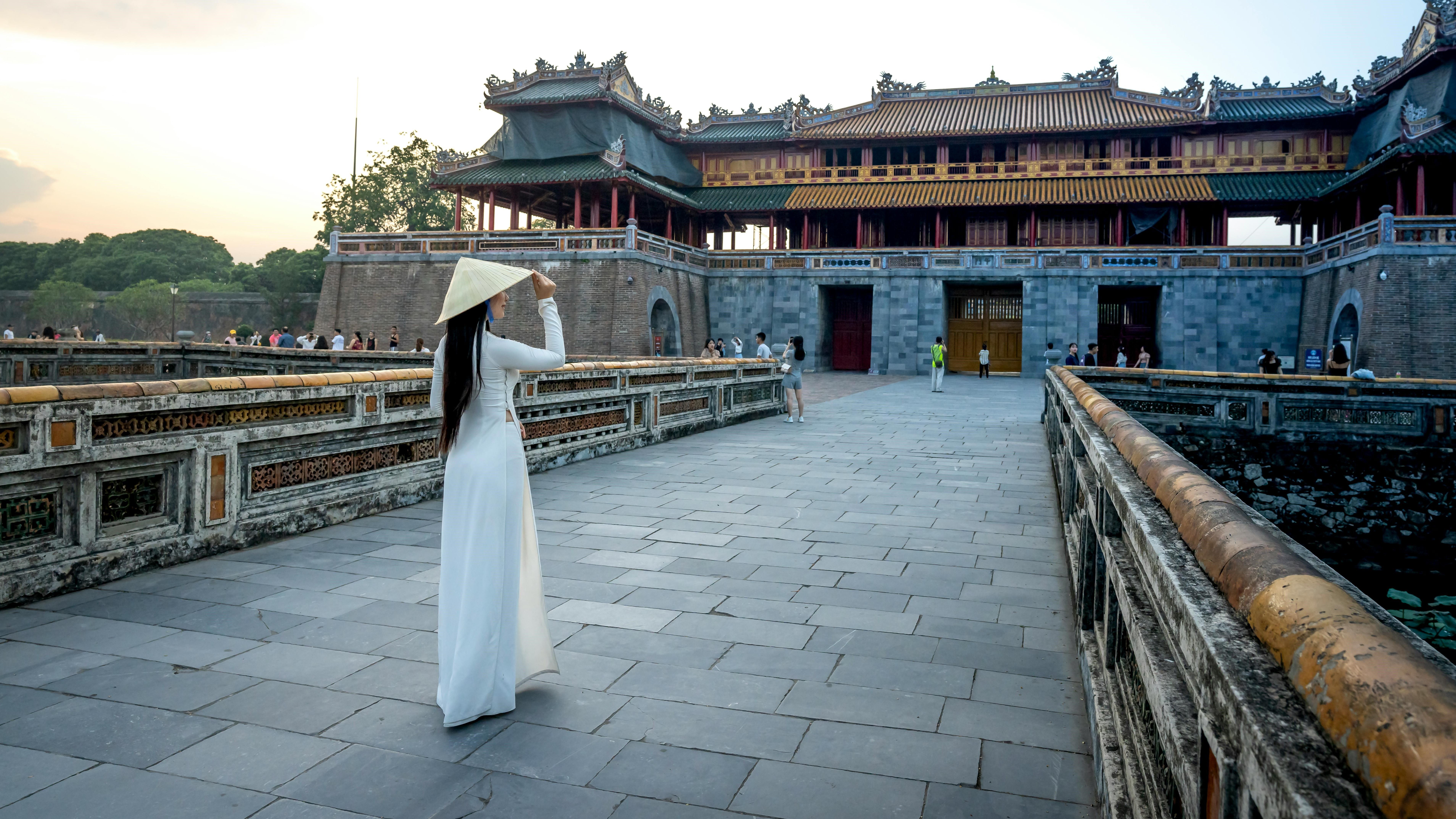
Vietnam has its own set of customs and laws that might differ from what you’re used to. Respecting local traditions will not only keep you safe but will also enhance your travel experience.
Dress modestly: In religious or rural areas, it’s respectful to dress modestly. Covering your shoulders and knees when visiting temples or pagodas is important.
Don’t engage in illegal activities: Drug use and other illegal activities are taken very seriously in Vietnam, with harsh penalties. Avoid any situation where you might be involved in such actions.
Cultural respect: Always ask for permission before taking photos of locals, especially in rural or traditional villages. A polite gesture can go a long way in ensuring positive interactions.
Communication and Emergency Contacts
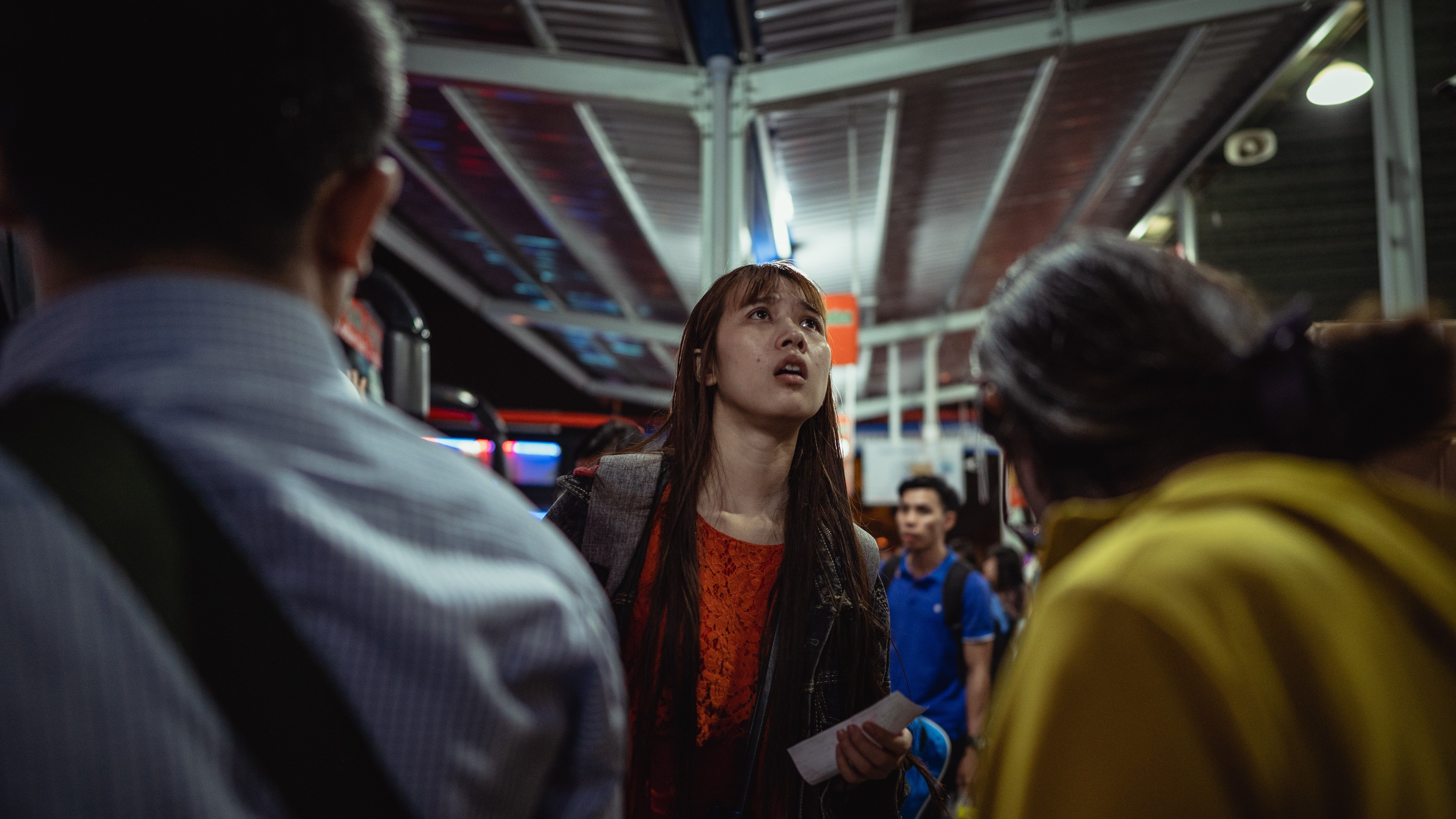
Knowing how to communicate in case of an emergency is essential, especially in a country where English might not be widely spoken outside of tourist areas.
Save important numbers: Make sure you have local emergency numbers saved in your phone. The emergency number for the police is 113, for fire it's 114, and for medical emergencies, it's 115.
Use a SIM card or eSIM: Staying connected can help you avoid getting lost or help you reach emergency services quickly. SIM cards are affordable and widely available upon arrival.
Language tips: Learn a few basic Vietnamese phrases. While many people in tourist areas speak English, a little effort in the local language can help you in everyday situations.
Travel Insurance
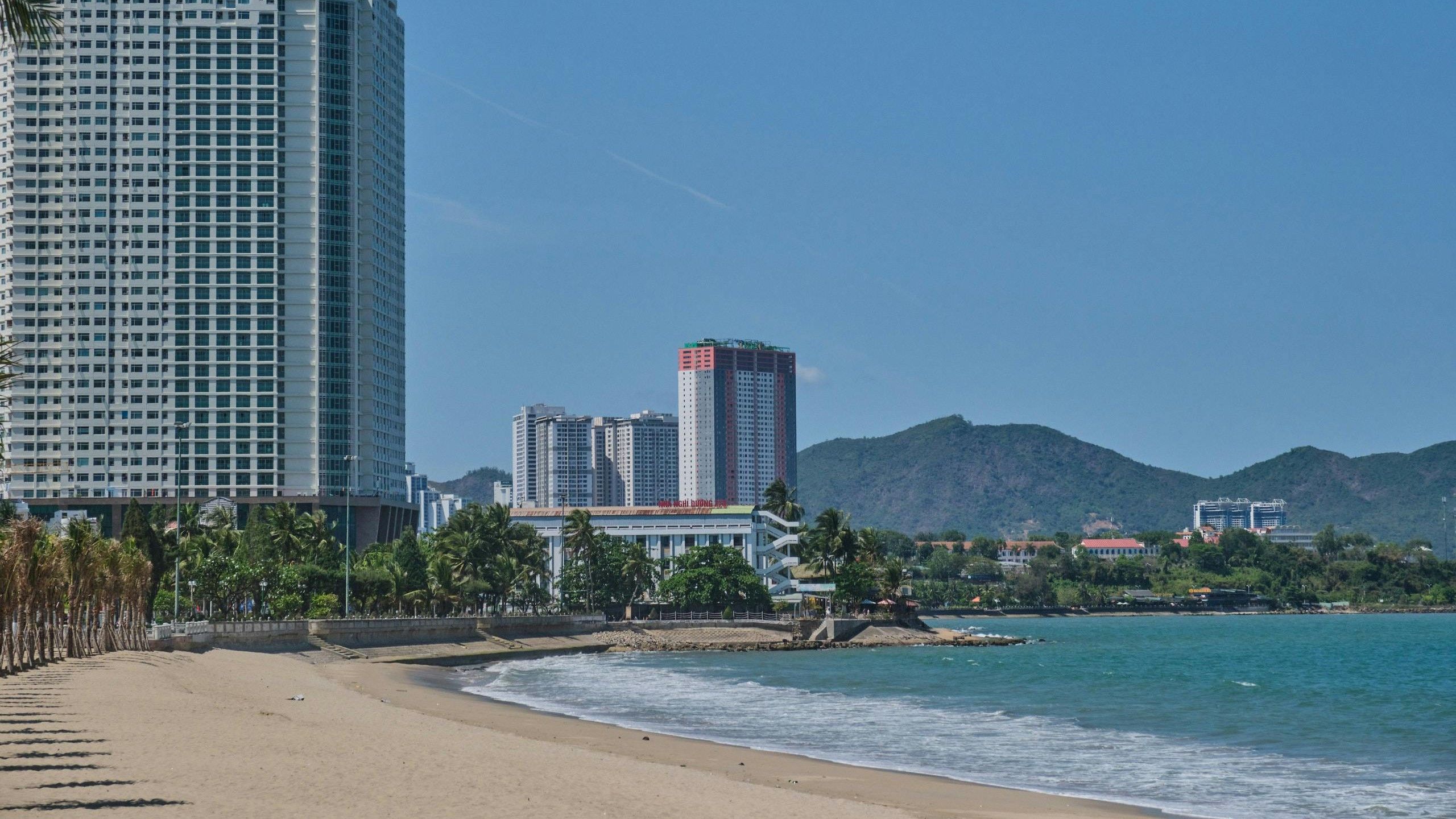
Having comprehensive travel insurance is a must when visiting Vietnam. It can cover unexpected medical expenses, lost luggage, or other travel-related emergencies.
Medical emergencies: Make sure your travel insurance covers medical evacuation and treatment in Vietnam. While the healthcare system in major cities is decent, rural areas may not offer the same quality of care.
Final Thoughts
Traveling in Vietnam is generally safe, but like any destination, it’s important to stay vigilant and prepared. By following these safety tips, you can enjoy everything this beautiful country has to offer with peace of mind.
For an unforgettable experience, consider exploring the stunning seascapes of Halong Bay on a guided cruise, ensuring a safe and memorable journey!